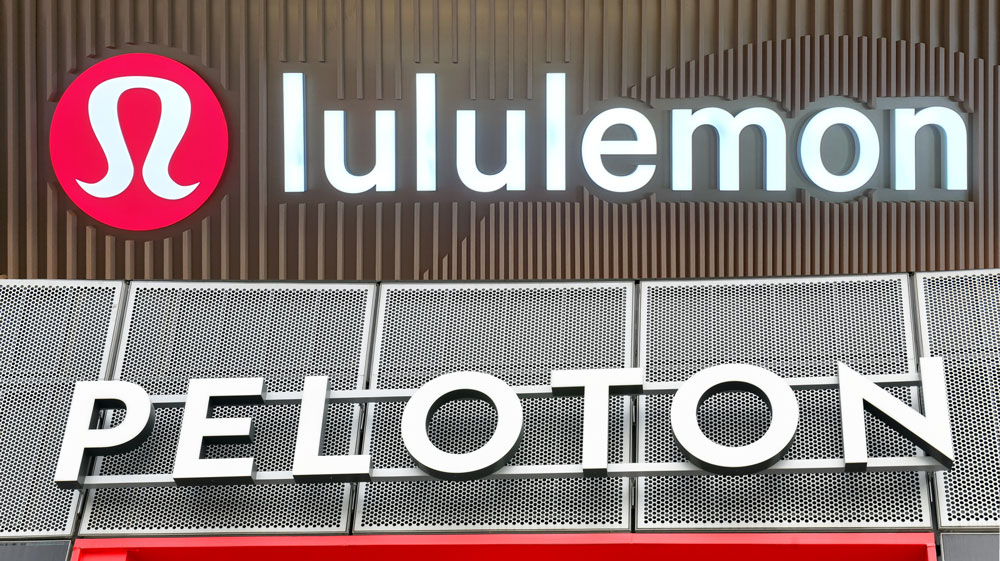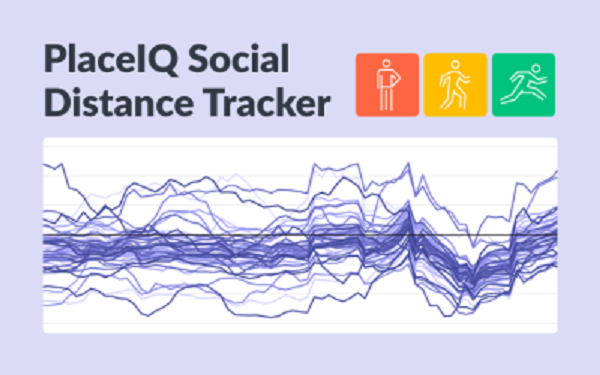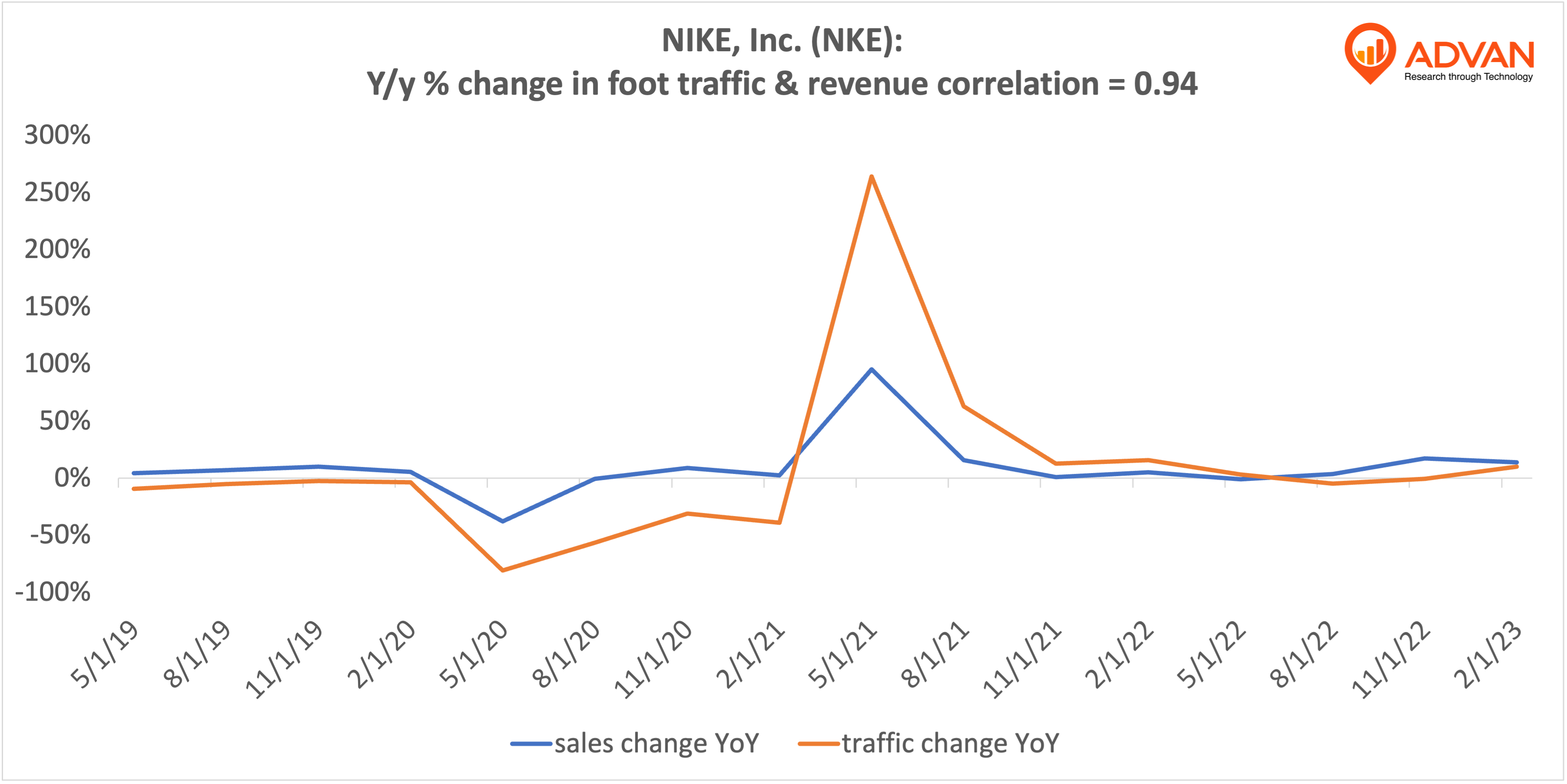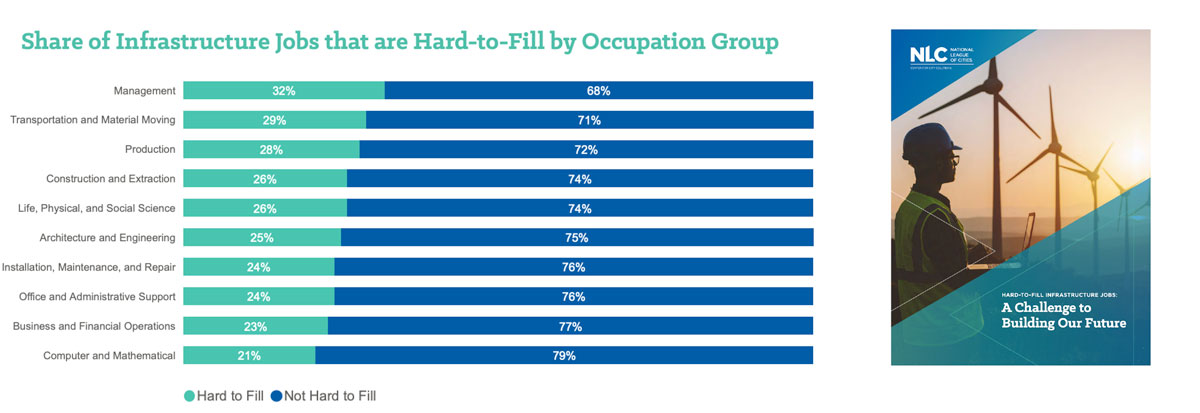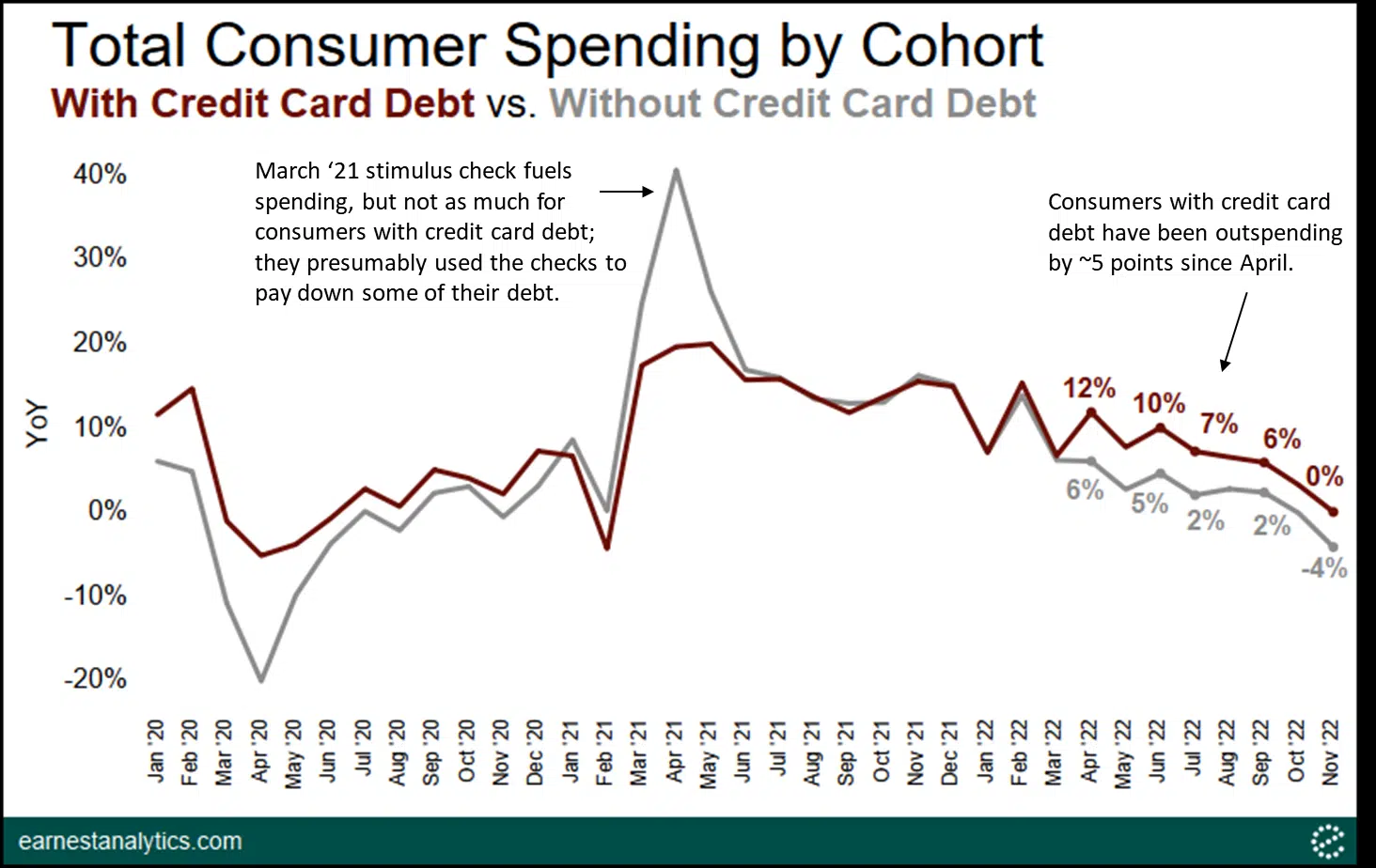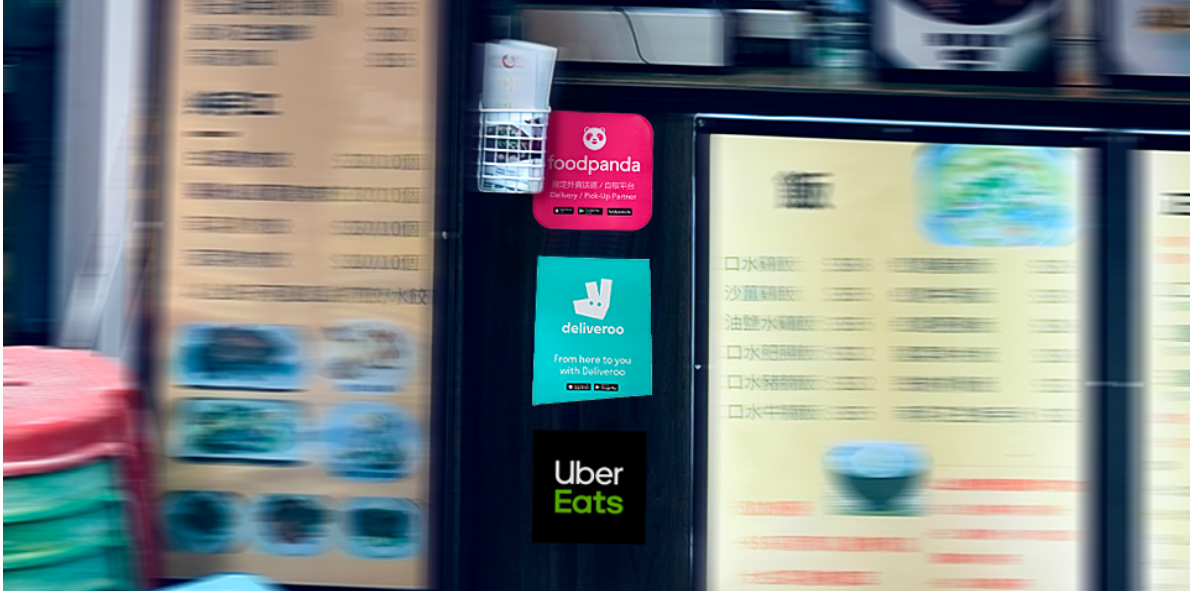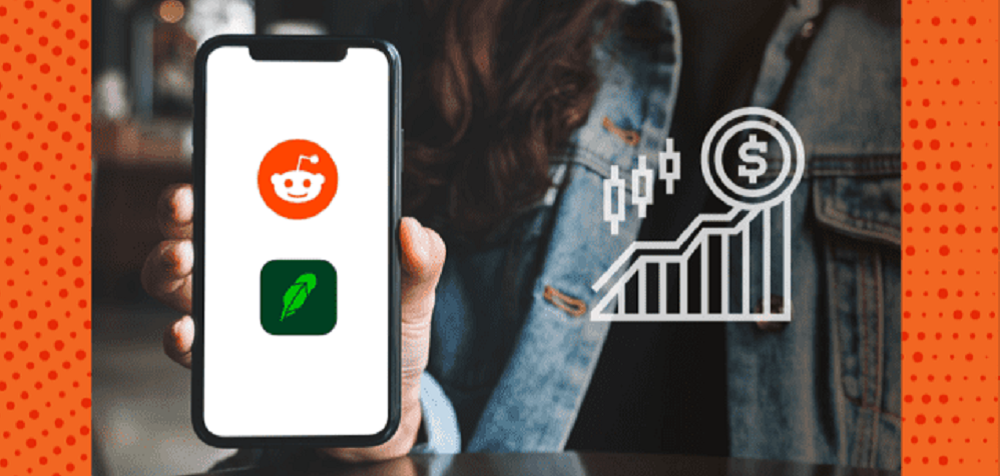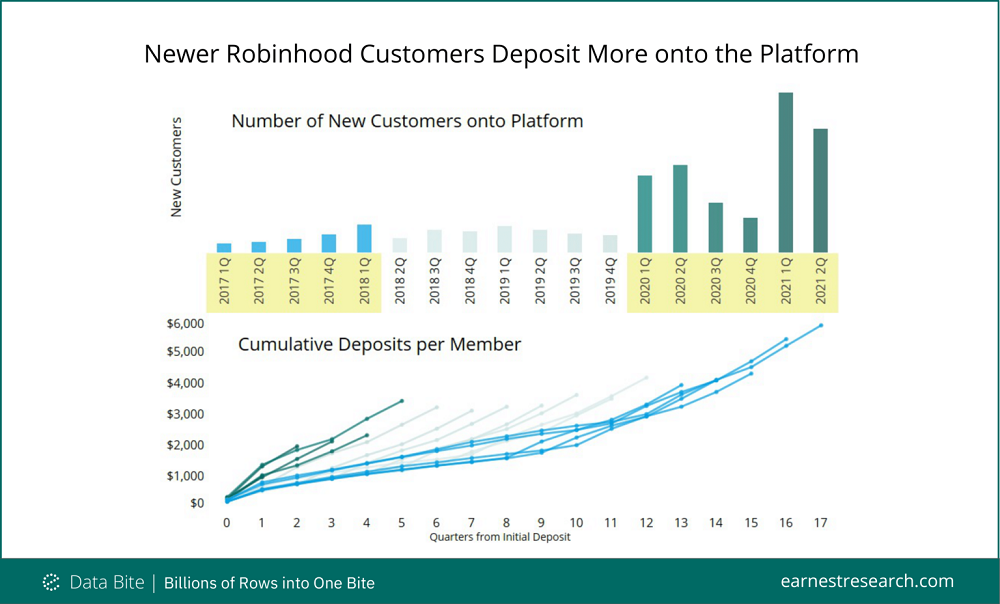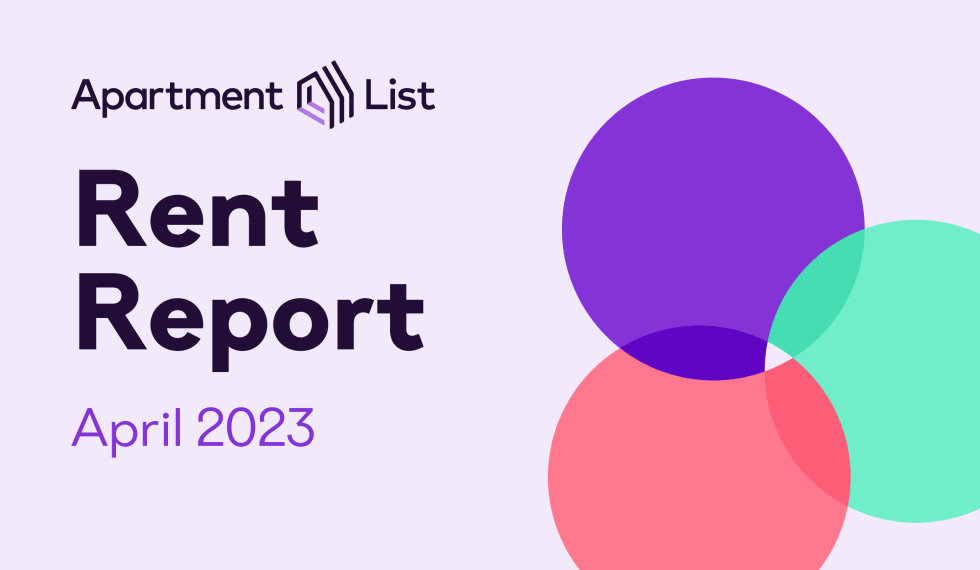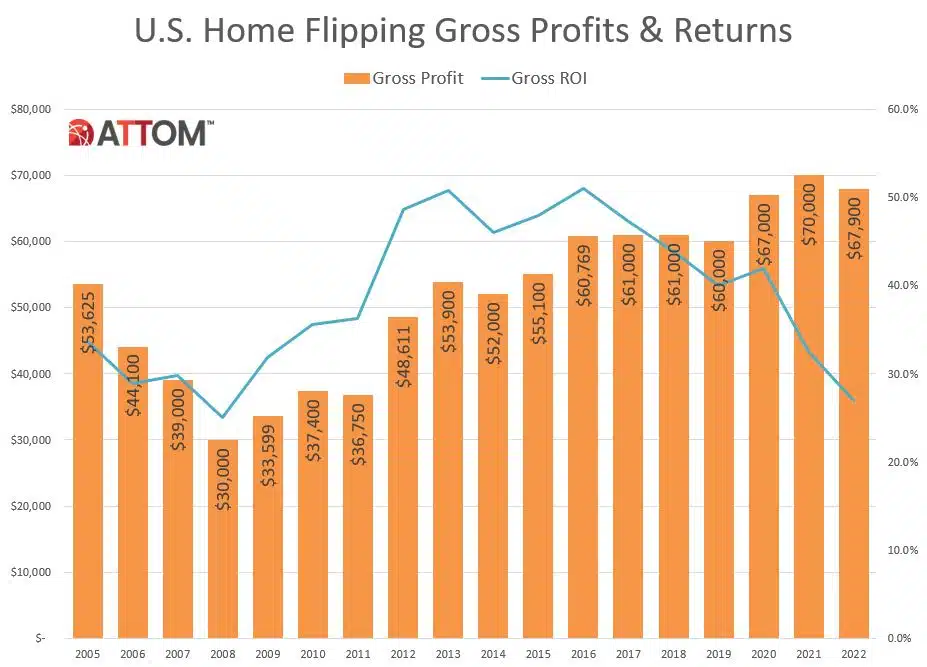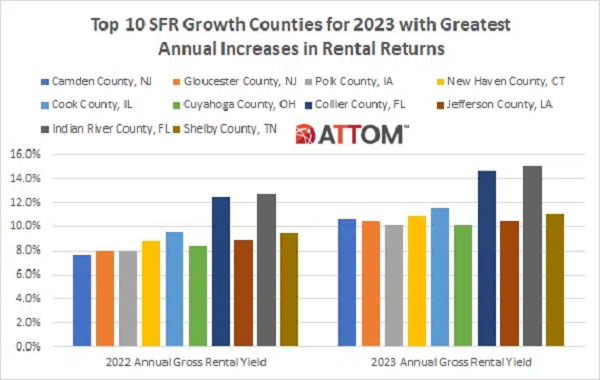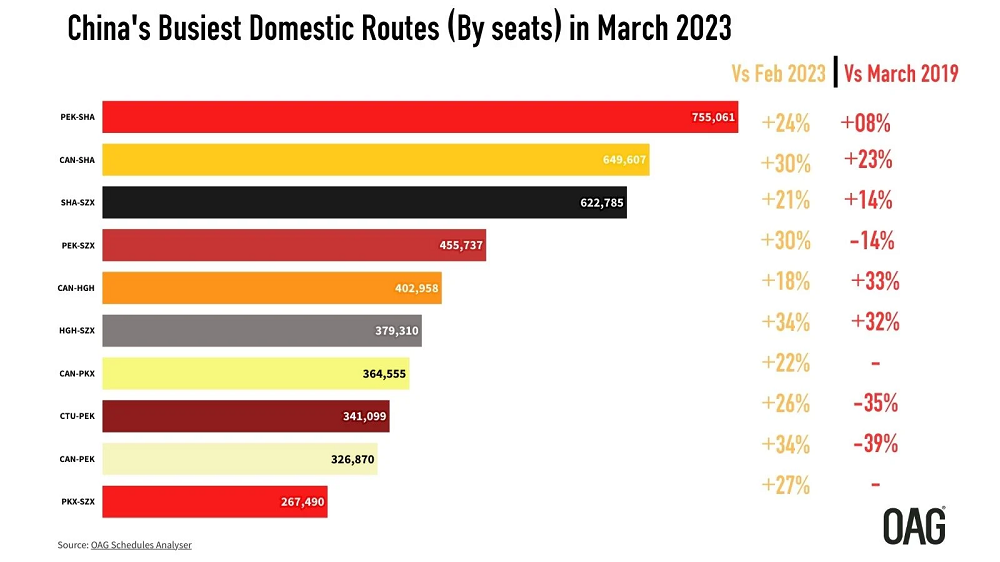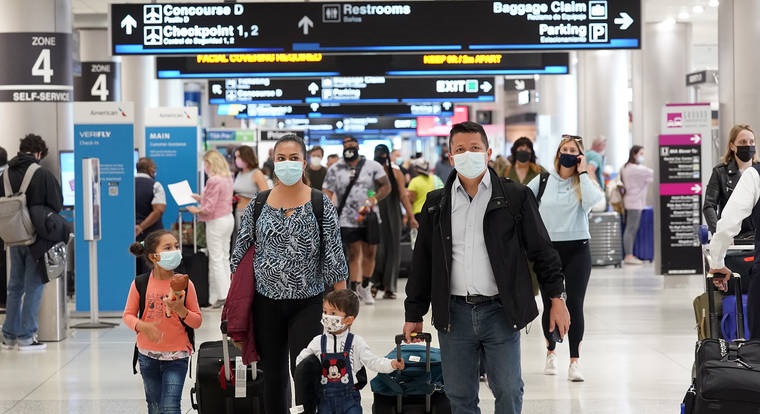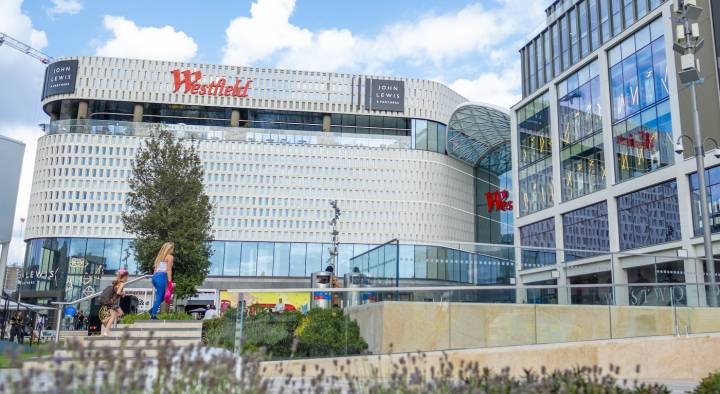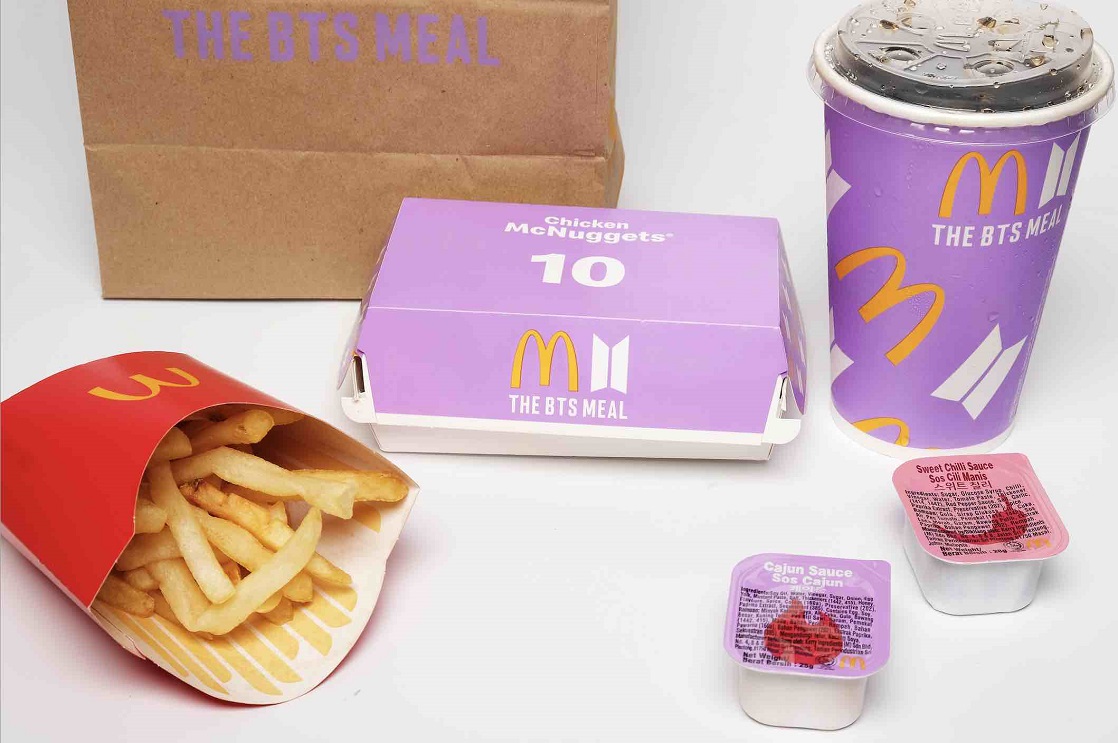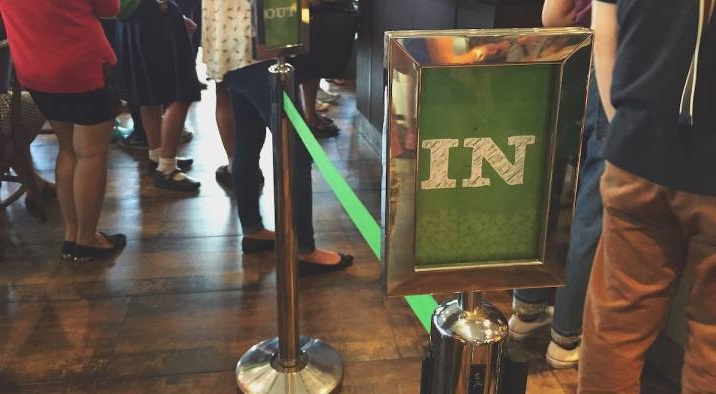In light of recent IPO announcements, we're pleased to present reports from our Spring Emerging Technology Study for several of these soon-to-be-public vendors. This survey saw participation from a record high 1,000+ IT Decision-Makers, capturing over $400B in anticipated total annual IT spend. Monday.com’s Net Sentiment score is showing signs of recovery from 2020 studies, driven by a reduction in churn indications.
The 2021 summer travel season has officially begun, and roughly half the US adult population is inoculated against the coronavirus. Is travel poised to recover from its near-death experience last year? We take a look at travel performance to date below. (See our prior analyses in this vaccinated-recovery series, including our general overview, our focus on dining, and on gyms).
The fuller period from Thursday May 27th though Monday May 31st saw several brands driving growth, with others experiencing limited relative declines. Target, Ulta, and Burlington continued their strong recovery with visits over the five day period up 6.6%, 15.0% and 8.3% respectively when compared to the equivalent five day Memorial Day weekend period in 2019.
Visits to larger malls and shopping centres in the UK rose more rapidly than other retail destinations since re-opening on April 12th, with data reflecting the pent up demand felt by consumers eager to replenish their wardrobes at last. Footfall fell sharply as restrictions were implemented from December through to spring, however that the place of recovery across shopping centres has out-paced other forms of retail centres offers optimism for the category.
The amount of equity in mortgaged real estate increased by $1.9 trillion in Q1 2021, an annual increase of 19.6%, according to the lastest CoreLogic Homeowner Equity Report . The average annual gain in equity was $33,400 per borrower — the largest average equity gain in at least 10 years. The nationwide negative equity share for Q1 2021 was 2.6% of all homes with a mortgage, the lowest share of homes with negative equity since CoreLogic started tracking this number in the third quarter of 2009.
With the travel industry among the hardest hit in the last year, this year’s rebound has given hope to many firms. However, much of the surge is taking place in rebooked spend, so our CE Transact Credit Card data and CE Web hotel booking data are telling a different story. In today’s Insight Flash, see how new travel spend in the last month has differed among US and UK cardholders, which continent is seeing the biggest rebound in bookings, and where property inventory has been coming back.
During the earliest days of COVID-19, hotel average daily rate (ADR) in South America was as low as 47.8% below pre-pandemic levels. One year later, rates in the region have improved slightly—April’s 15.7% increase was the first year-over-year positive in the metric since the middle of 2019—but still remain far from recovery. More specifically, South America’s April 2021 ADR level of US$56.99 was more than US$30 less than the pre-pandemic benchmark from April 2019 (US$89.55).
Attrition -- the loss of employees to turnover, retirement, or layoffs -- is one of the most important challenges employers face in managing a workforce. Excessive attrition can hurt business performance by impinging on productivity, morale and institutional knowledge. Understanding employment dynamics is especially timely given the increasing rate of workers leaving their job since the end of the Great Recession and the disruption caused by the Covid-19 pandemic.
Brazil has become increasingly reliant on the internet for banking, business, telecommunication and leisure during the COVID-19 pandemic. However, the country ranked 49th in the world for fixed broadband speed and 74th for mobile speed according to April 2021 data from the Speedtest Global Index™. In fact, Brazil's fixed broadband speed has improved 69.2% year-over-year thanks to FTTH investments, moving the country up seven places from 56th in April 2020 to 49th in the Speedtest Global Index in April 2021.
In a normal year, this is when airlines bank as much cash as possible storing every possible penny away for the winter season; aviation has always been seasonal, and capacity moves from market to market as temperatures rise and drop. One of the most lucrative markets is the Transatlantic and this year full access to that market is more vital than ever, otherwise why would all the major legacy airline CEOs gather to lobby politicians.
Just over a year ago, at the beginning of the COVID-19 pandemic, New York City was one of the first and hardest-hit places in the country. Hospitals were quickly overwhelmed and the toll on human life and the economy was devastating. All of that can now change. The U.S.’s most populous city is implementing an important step to get ahead of spreading illness: an effective early warning system for contagious illness.
The latest research from ForwardKeys, which has the most up-to-date and comprehensive flight booking data available, reveals that the outlook for international air travel this summer (1st June – 31st August) is set to be just under a quarter (-23%) of pre-pandemic levels.As of 1st June, flight tickets issued for international arrivals in Africa & the Middle East were just 31% of their equivalent moment in 2019.
They say breakfast is the most important meal of the day, and nowhere is that truer than at quick service restaurants. Just recently, Burger King and Tim Hortons both added new breakfast sandwich options to their menus, and Wendy’s reported better-than-expected earnings due in large part to their new breakfast offerings. While Quick Service Restaurant (QSR) breakfast seems to be booming now, there were concerns in 2020 that the breakfast wars were a bust.
Two weeks ago, McDonald’s rolled out its latest celebrity meal in collaboration with K-pop sensation BTS. In addition to a BTS-branded 10-pc Chicken McNugget meal, the partnership promises to provide exclusive content throughout the month, which can be accessed through its mobile app. The campaign will run through June 20th and will be available in nearly 50 countries. This partnership comes after two previous celebrity meals with Travis Scott and J Balvin.
As we approach the midpoint of the year, it’s worth examining how commercial real estate markets are faring in comparison with the year of Covid’s eruption and prior years. RCA’s tracking of global commercial real estate sales shows all three global zones — the Americas, Asia Pacific, and Europe, the Middle East and Africa (EMEA) — remain deeply impacted. Volumes observed now across all zones globally are lower than both 2020 and the average of 2017-19 activity, but the severity of the drop varies across the world.
As one of the strongest performing retail sectors during the pandemic, the grocery sector showed exceptional offline strength by quickly adapting to a new pandemic-influenced reality. Yet, nearly halfway through 2021, it is increasingly clear the return to normalcy is in full swing, and with that, the need to adapt to a changing environment once again. To leverage last year’s surge and position themselves up for longer-term growth, grocers must understand which trends are here to stay and which are not.
Apple is making massive changes to the settings on iPhones, all in the name of privacy. This move will fundamentally change mobile advertising on those devices by taking a privacy option, which up until now was hidden deep in users’ phones, and displaying it prominently when they open an app. This is expected to dramatically impact the way advertisers target ads and a lot of companies are scrambling to figure out how best to move forward without breaking the new rules and getting kicked out of the Apple App Store.
Visits to restaurants across the UK have climbed to 60% of pre-pandemic levels, the highest they have been since September last year. Huq’s Foodservice Index measures the number of people attending some 28,286 hospitality businesses in the UK (2,990 pubs, 19,799 quick-service (QSR) and 5,497 restaurants) and after a phased reopening, the restaurant sector has been bouncing back fastest.
In March 2021, 4.9% of home mortgages were in some stage of delinquency (30 days or more past due, including those in foreclosure), a sharp decrease from February 2021 according to the latest CoreLogic Loan Performance Insights Report. The 0.8 percentage point decrease in the delinquency rate from February was the largest since the start of the pandemic and could be partly attributed to the largest one-month increase in employment since August 2020.
As more and more of the healthcare industry shifts to e-commerce solutions, Smile Direct Club and Byte have chomped away at the dental market with their online offerings. In today’s Insight Flash, find out where these companies are making the strongest inroads and what cross-shop behavior says about the overall customer appetite for online healthcare.








